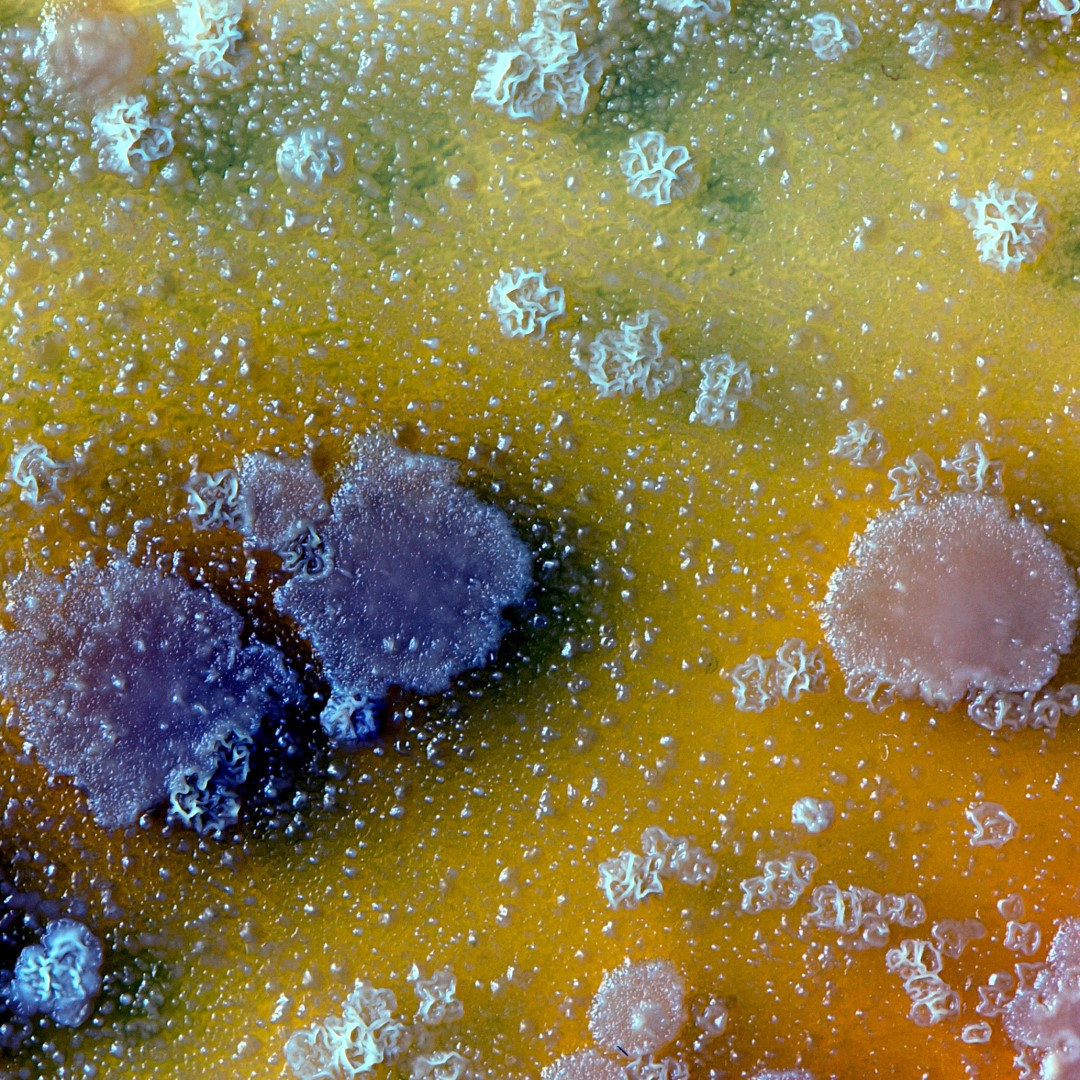
Alberta researchers genetically engineer yeast to produce healthy fatty acid
On Jan. 21, 2025, researchers from the University of Alberta announced they have come up with a way to produce higher amounts of a healthy fatty acid found mainly in pomegranates.
Working with baker’s yeast that initially contained none, they developed a new strain containing high levels of punicic acid, offering a sustainable way to produce both the value-added fatty acid and yeast biomass — a supplemental protein source used in food and animal feed industries — with additional health benefits. Derived from the seed oil of the exotic fruit, punicic acid offers several health benefits, with cholesterol-lowering, anti-inflammatory and anti-carcinogenic properties.
Using a gene-editing approach called CRISPR-based gene shuffling, study co-author Guanqun (Gavin) Chen and study co-author Juli Wang randomly integrated certain genes potentially involved in punicic acid synthesis and accumulation directly into the genome — the complete set of DNA — of baker’s yeast.
Their experiments mark the first time CRISPR-based gene shuffling has been used in engineering yeast to produce plant-derived, unusual fatty acids, and the work has resulted in a faster, more efficient way to find out which of the genes work well together.
In addition, their CRISPR-based gene shuffling approach is versatile enough that it could be used in engineering baker’s yeast to produce other valuable unusual fatty acids, such as from castor oil.
Tags:
Source: University of Alberta
Credit:
